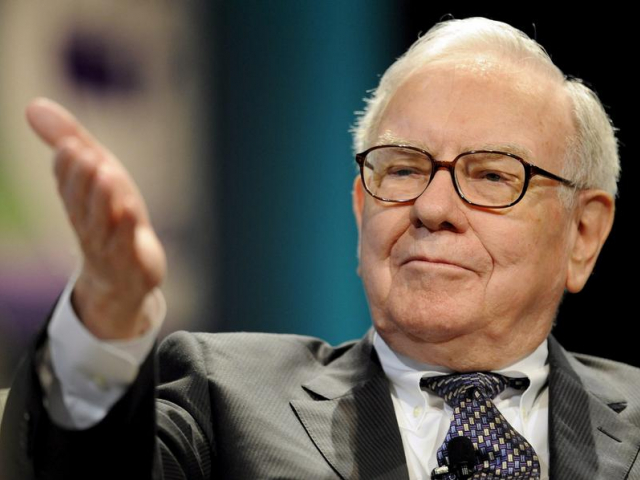
Reinvest your profits
Warren Buffett is sure: the strategy of reinvesting profits (with the diversification of the investment portfolio resulting from it), being taken into account from the very beginning, brings significant benefits.
W. Buffett has been developing his talent for investing since childhood. By investing the profits from one business into the development of another, larger one, he has gradually increased his income.
At the same time he focused on long-term projects of only those companies that were close to him and understandable. The investor got rid of the unprofitable companies' shares without a shadow of doubt, in order to avoid a senseless waste of nerves and time.
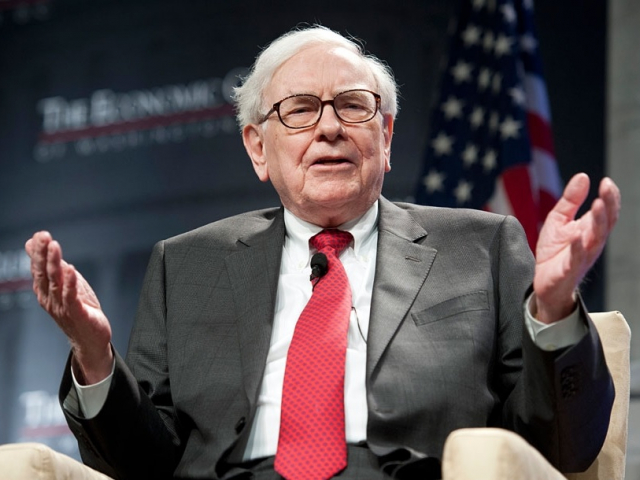
Be willing to be different
Starting a business Warren Buffett was not afraid to ask other people for anything needed to start his business and its subsequent development.
After determining his way in his native Omaha, and not on Wall Street, the investor turned a blind eye to the condemnation of his actions by other investors and did not tell partners where he was investing their money. Possessing ingenious intuition and implacable logic, Buffett methodically went his own way, and after 14 years he already owned the amount of more than $100 million.
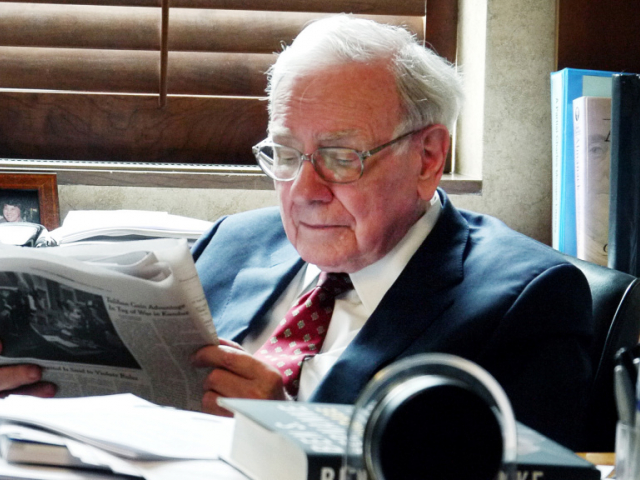
Spell out the deal before you start
Since the early age, Warren Buffett learned that it is necessary to spell out the deal before you start.
Discussing the terms of the agreement the investor does not back down from his words and immediately, without bargaining, calls the price that he is willing to pay for the company. It should be noted that it is always fair, and the investor's proposals are reasonable because the deal is preceded by a thorough study of the history of the company and an analysis of its long-term prospects.
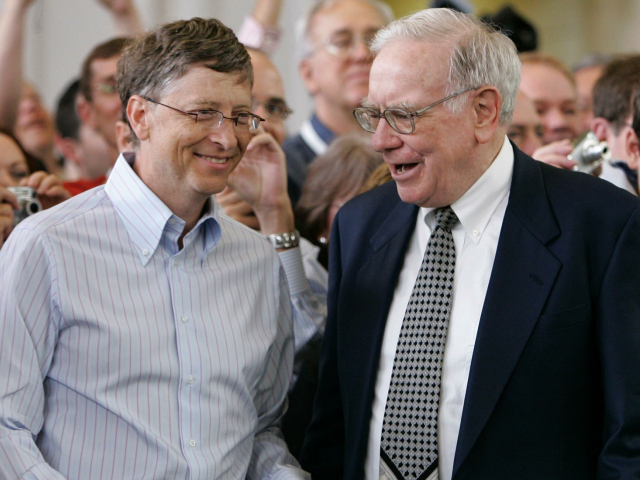
Watch small expenses
A competent investor always distinguishes between cheap/unnecessary and reasonable/necessary.
Warren Buffett belongs to a group of investors who, not being greedy, care even for the smallest expenses. Once, along with Bill Gates, he went to Chinese McDonald's for a snack, but friends did not pay with cash: to everyone's amazement, Buffett took out coupons that he had brought back from America and showed them cold-bloodedly at the cash desk.
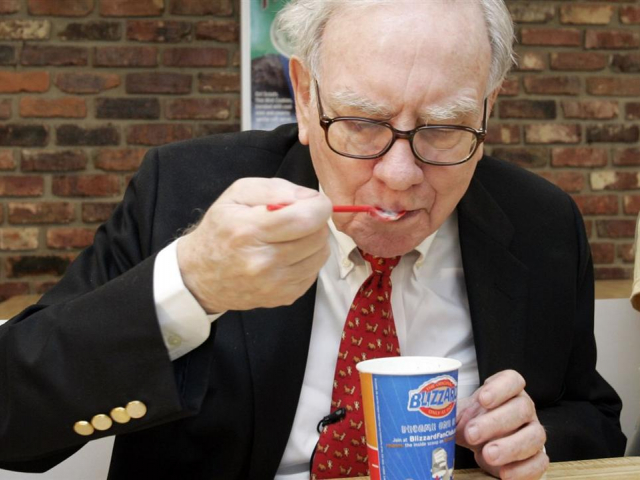
Limit what you borrow
Warren Buffett does not like to depend on anyone and always keeps the situation under control. This is doubly true with respect to debt obligations.
While negotiating with creditors he seeks to achieve any, even if minimal, favors. But a well-known investor does not advise mindlessly borrowing: no matter how small the percentage of the bank, there will come a day when large debts, previously quite reasonable and manageable, will turn into hopeless ones. Optimal behavior after the payment of debts - saving money and their further investment.
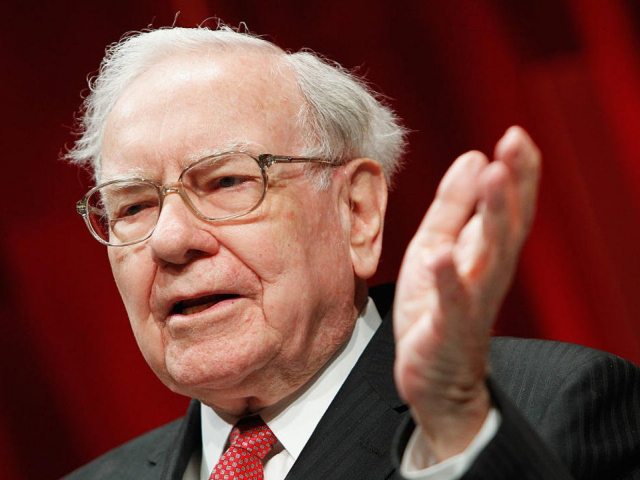
Be persistent
During his career, Warren Buffett has repeatedly faced different situations and obstacles, but he has always tried to remain persistent in achieving the goal.
The famous investor surrounded himself with worthy and successful people who had much to learn from. So, in 1983 he acquired the Nebraska Furniture Mart, as he was impressed by the strategy of negotiation because he liked the way its founder, Rose Blumkin, did business.
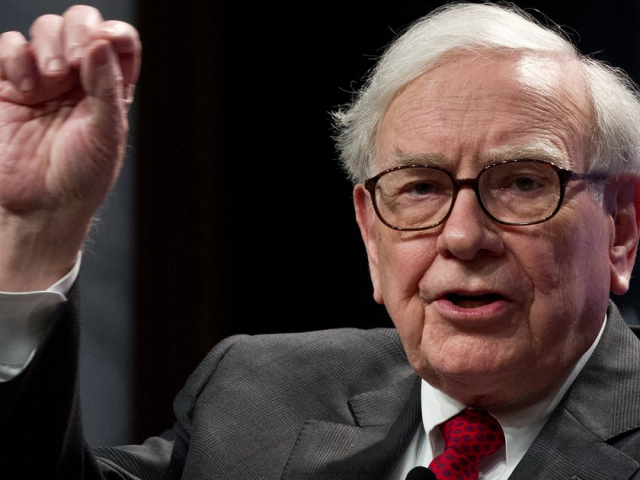
Know when to quit
Warren Buffett remembered for life his unsuccessful teenage experience of betting on racing. And although the losses were not so great, he was sure of the following: do not repeat a dangerous experiment if you have already lost. It is important to have a sense of proportion, or at least develop it in yourself, so as not to lose everything in a game of chance.
Timely care gives you the opportunity to try your luck elsewhere.
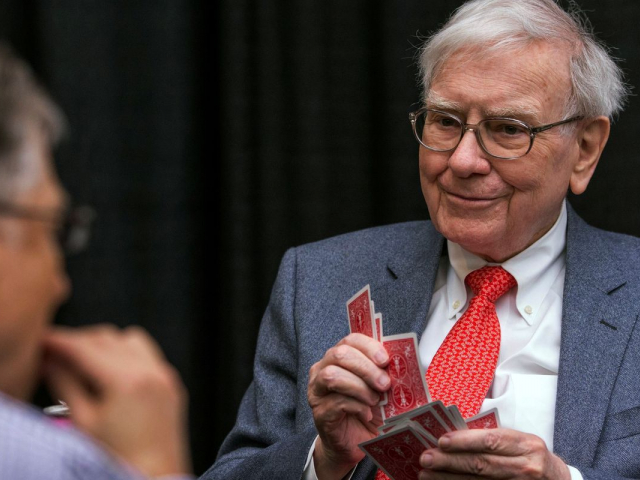
Assess the risk
Warren Buffett is extremely attentive to the assessment of possible risks and teaches this to his children. In 1995, the employer of Warren Buffett's son, Howie, was accused by the FBI of price-fixing. Warren Buffett advised Howie to imagine the worst-and-bast-case scenarios if he stayed with the company. His son quickly realized that the risks of staying far outweighed any potential gains, and he quit the next day.
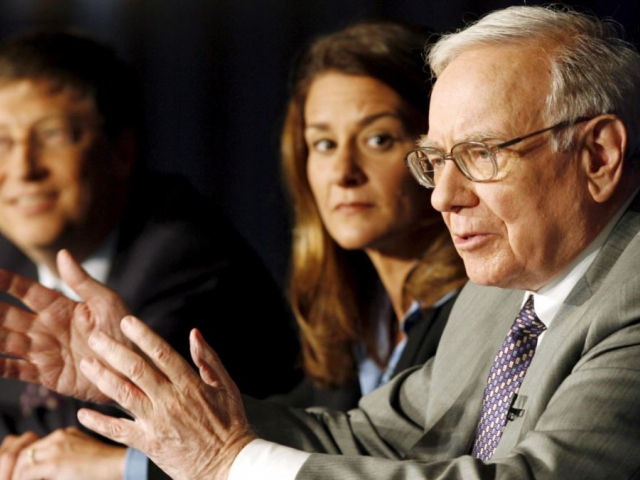
Know what success really means
Despite his wealth, Warren Buffett does not measure success by dollars. In 2010, he pledged to give away almost his entire fortune (about $37 billion) to charities, primarily the Bill and Melinda Gates Foundation. The fund's activities are aimed at supporting and improving the healthcare system, as well as reducing the number of people below the poverty line.
 বাংলা
বাংলা 
 Русский
Русский English
English Bahasa Indonesia
Bahasa Indonesia Bahasa Malay
Bahasa Malay ไทย
ไทย Español
Español Deutsch
Deutsch Български
Български Français
Français Tiếng Việt
Tiếng Việt 中文
中文 हिन्दी
हिन्दी Čeština
Čeština Українська
Українська Română
Română
